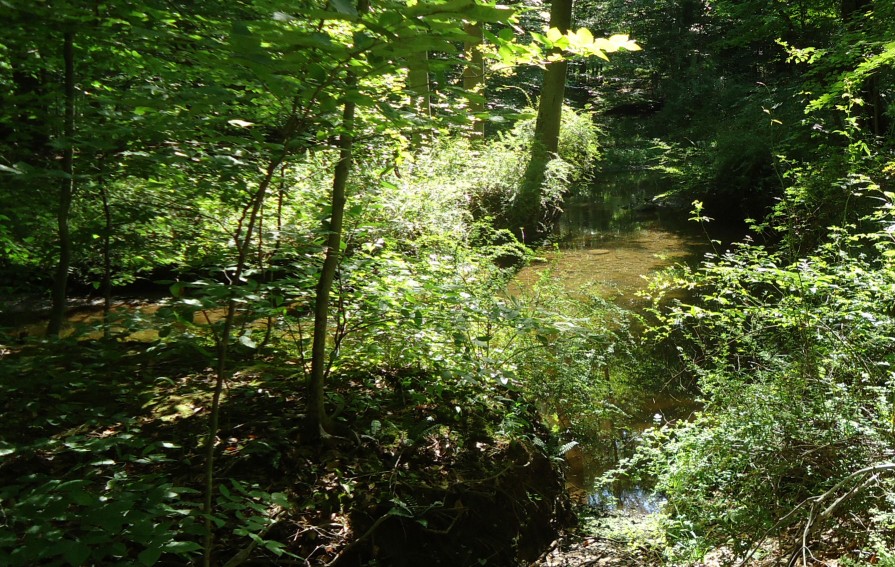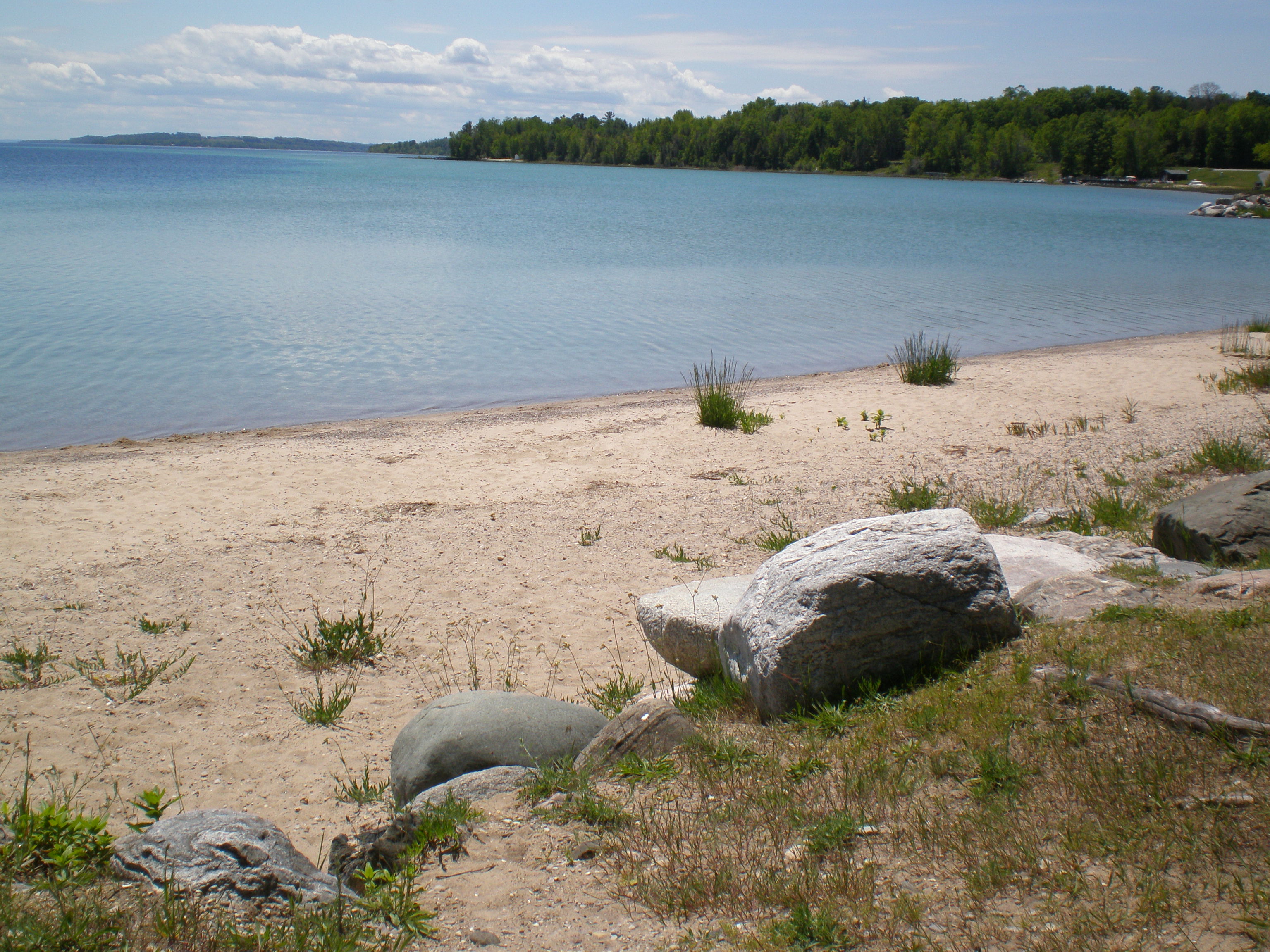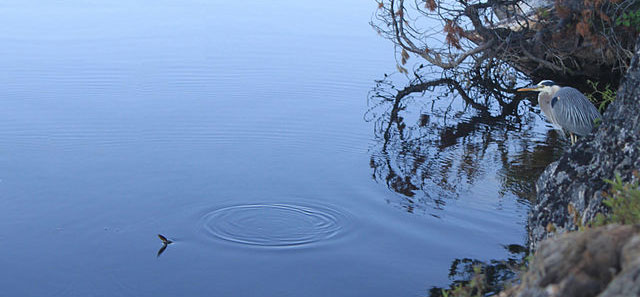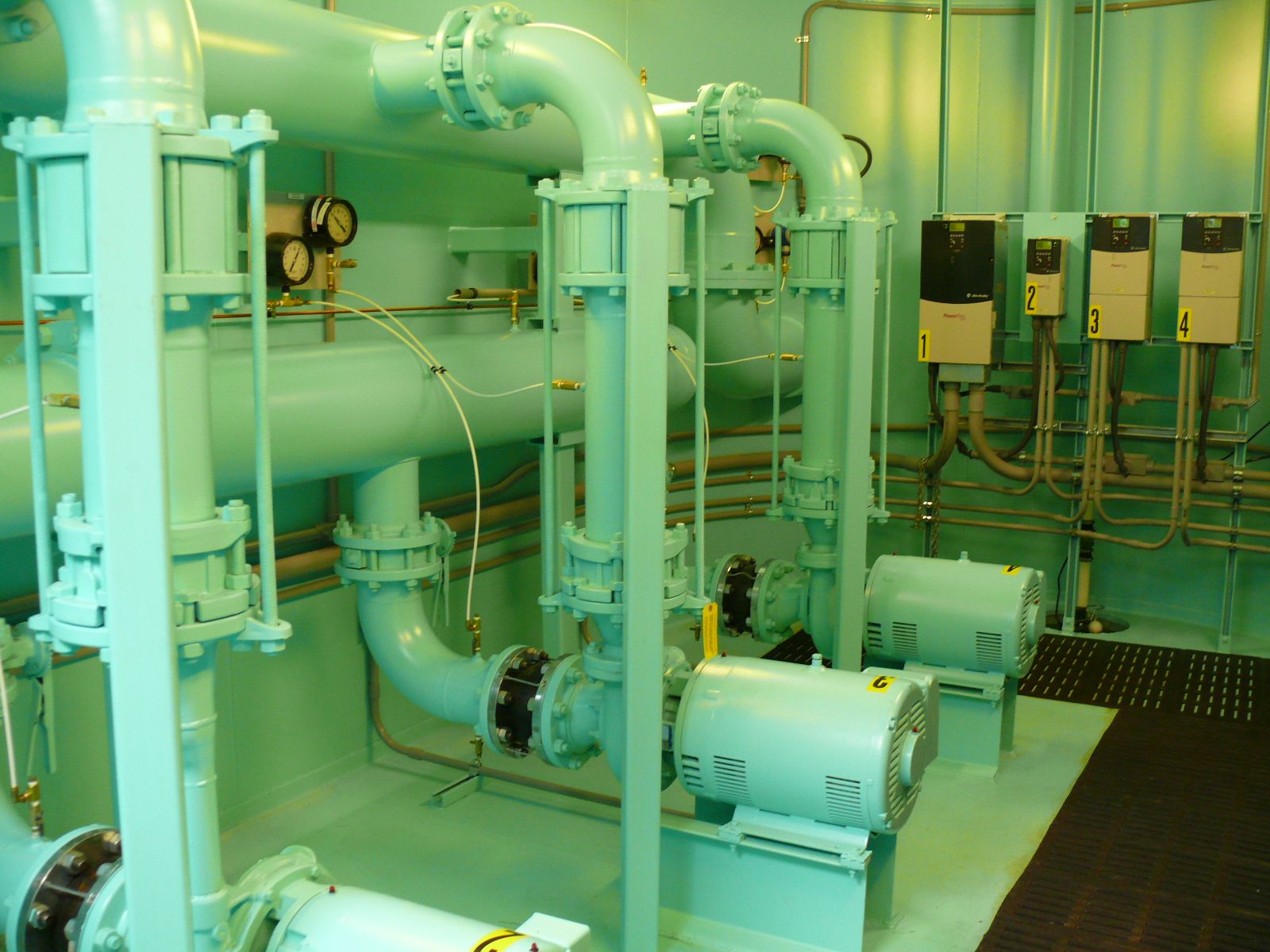U.S. Small Grants Deadlines: October 25, 2012.
Purpose
The Small Grants Program is a competitive, matching grants program that supports public-private partnerships carrying out projects in the United States that further the goals of the North American Wetlands Conservation Act (Act). These projects must involve long-term protection, restoration, and/or enhancement of wetlands and associated uplands habitats for the benefit of all wetlands-associated migratory birds.
This program supports the same type of projects and adheres to the same selection criteria and administrative guidelines as the U.S. Standard Grants Program. However, project activities are usually smaller in scope and involve fewer project dollars. Grant requests may not exceed $75,000, and funding priority is given to grantees or partners new to the Act’s Grants Program.
History
The North American Wetlands Conservation Council (Council) created the Small Grants Program in 1996 to encourage new grantees and partners to carry out smaller-scale, long-term wetlands conservation projects that may otherwise not be able to compete in the U.S. Standard Grants Program. The Small Grants Program has also become an important catalyst in developing a pool of new grantees and/or partners for the Standard Grants Program. In recent years, the Migratory Bird Conservation Commission (Commission) has approved $3 million in funding for the Small Grants Program annually.
The Process
Each year, the Commission approves the total amount of funding to be distributed to projects under the Small Grants Program in the following fiscal year. Applicants submit project proposals to the U.S. Fish and Wildlife Service’s Division of Bird Habitat Conservation (Division) for the program’s one funding cycle per year. After a preliminary review by Division staff, Joint Venture Coordinators, and Council staff, eligible proposals are presented to the Council for further review and ranking. The Council, which has been delegated final approval authority by the Commission, then selects the slate of projects to be funded and informs the Commission on its decision. The Division is responsible for administering the grants for the approved projects.
Current Funding
A minimum of $3 million has been approved to support projects in FY 2012. The Small Grant Program funding level is authorized up to $5 million, the maximum amount being contingent upon the quality and number of proposals received.
Accomplishments
From September 1996 through June 2012, some 1,440 partners in 579 projects have received more than $ 31.4 million in grants. They have contributed another $126.2 million in matching funds to affect 224,670 acres of habitat and $69.4 million in non-matching funds to affect 4,503 acres of habitat.



